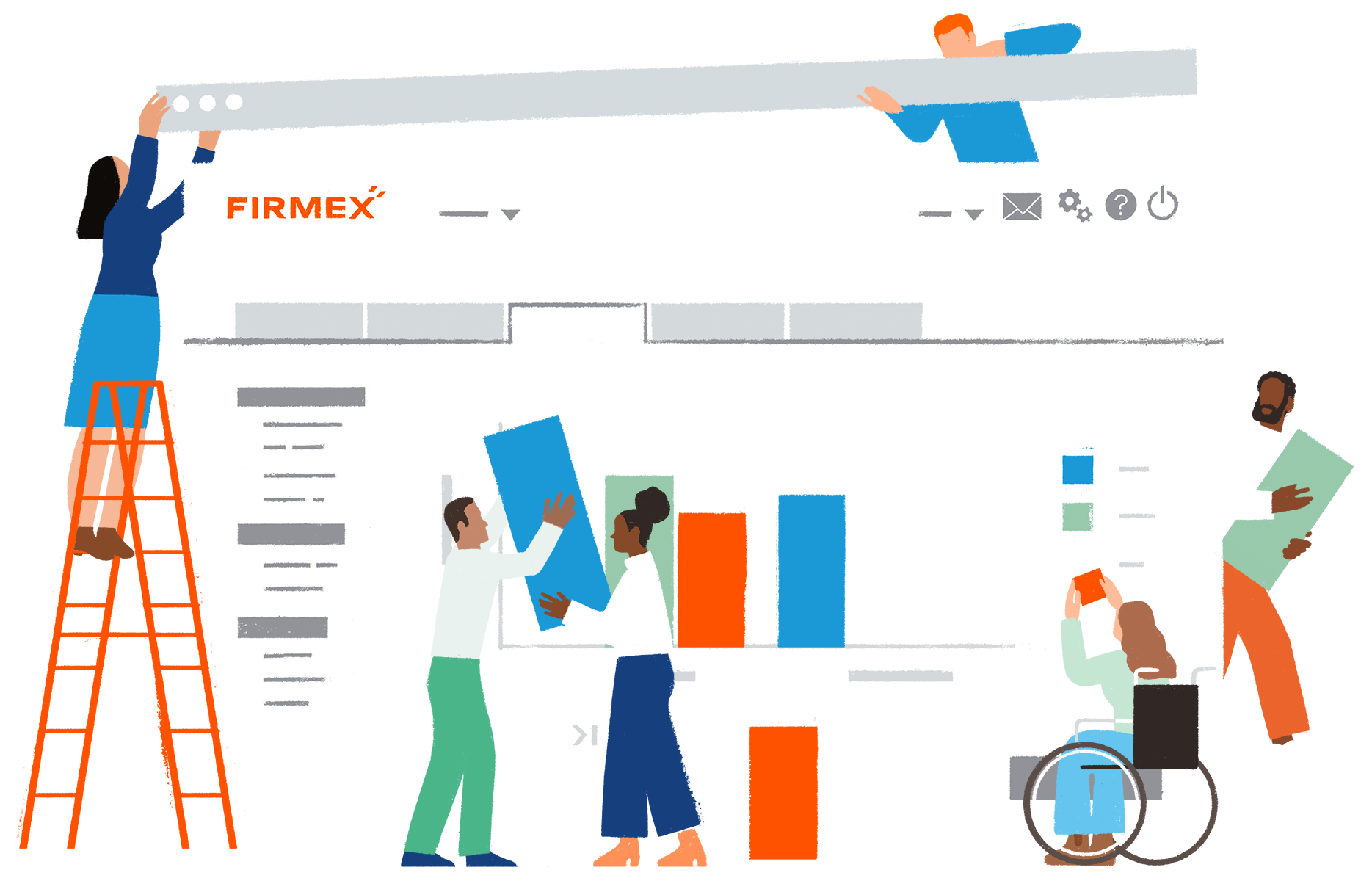Virtual data rooms, or VDRs, have emerged as the main solution for storing and managing sensitive company information. Organizations of all sizes have stepped away from an overreliance on hard copies and decided to embrace digital solutions that enhance the way a company functions.
Virtual data rooms (VDRs) are safe online repositories that allow users to control who has access to specific information in the catalog, making them particularly useful for facilitating crucial financial transactions such as mergers and acquisitions (M&As), fundraising, and initial public offerings (IPOs). The following is a detailed description of virtual data rooms and the ways in which they differ.
What Is a Data Room?
Table of Contents
A VDR is an online database where organizations can store and share sensitive information, usually during a financial transaction. VDRs are also used as continual file directories, allowing companies to organize important business documents for quick and secure availability. Companies use virtual data rooms (VDRs) like https://www.firmex.com/ to safely store and share important and vital corporate data; they are most often used during mergers and acquisitions. The data kept in a data room is usually private documentation that the corporation or owner considers to be of high value.
Compare Virtual Data Room Providers
VDRs come in all forms and sizes, with pricing, customer support, ease of use, and other considerations. People and organizations must weigh their options and find a solution that allows them to quickly move through the deal process before deciding on a provider. Regardless of industry, businesses must find the VDR provider that best fits their requirements.
Companies frequently seek providers with specific feature configurations, price points, security implementation methods, and usability, all of which can be evaluated during a free trial period offered by most industry providers.
Why Use a Virtual Data Room?
Virtual data rooms are far more cost-effective than traditional physical data rooms, allowing businesses to store, easily organize, and share classified material. M&A transactions can be conducted much more efficiently and effectively from almost any location using virtual data rooms. Virtual data rooms have become standard practice for financial transactions, replacing the once popular physical data room.
Physical data rooms had drawbacks, such as being time-consuming and inconvenient for all parties involved. The physical data room became obsolete as online security (which is critical to virtual data rooms) improved. It was soon replaced by virtual data rooms, allowing companies to securely share due diligence information regardless of location.
Who Uses Virtual Data Rooms?

Any company or business looking to store securely and share important files can use virtual data rooms, but a few industries use them the most. Businesses in every sector have grounds to invest in VDRs, but life science and technology organizations use them to protect proprietary data.
Businesses in every industry have been converting to virtual data room providers, rather than the conventional physical data rooms, for years, and with good reason. The data room industry’s evolution has changed the way people do business, and virtual data rooms (VDRs) are now a required tool for all involved parties in any business transaction.
- How To Create A Safe And Comfortable Home Environment For In-Home Care In Boca Raton? - July 16, 2024
- 10 Trendy Black Nail Ideas To Elevate Your Nail Game - May 6, 2024
- Getting A Free Divorce In Virginia? Here’s What To Expect - April 24, 2024







No Comments